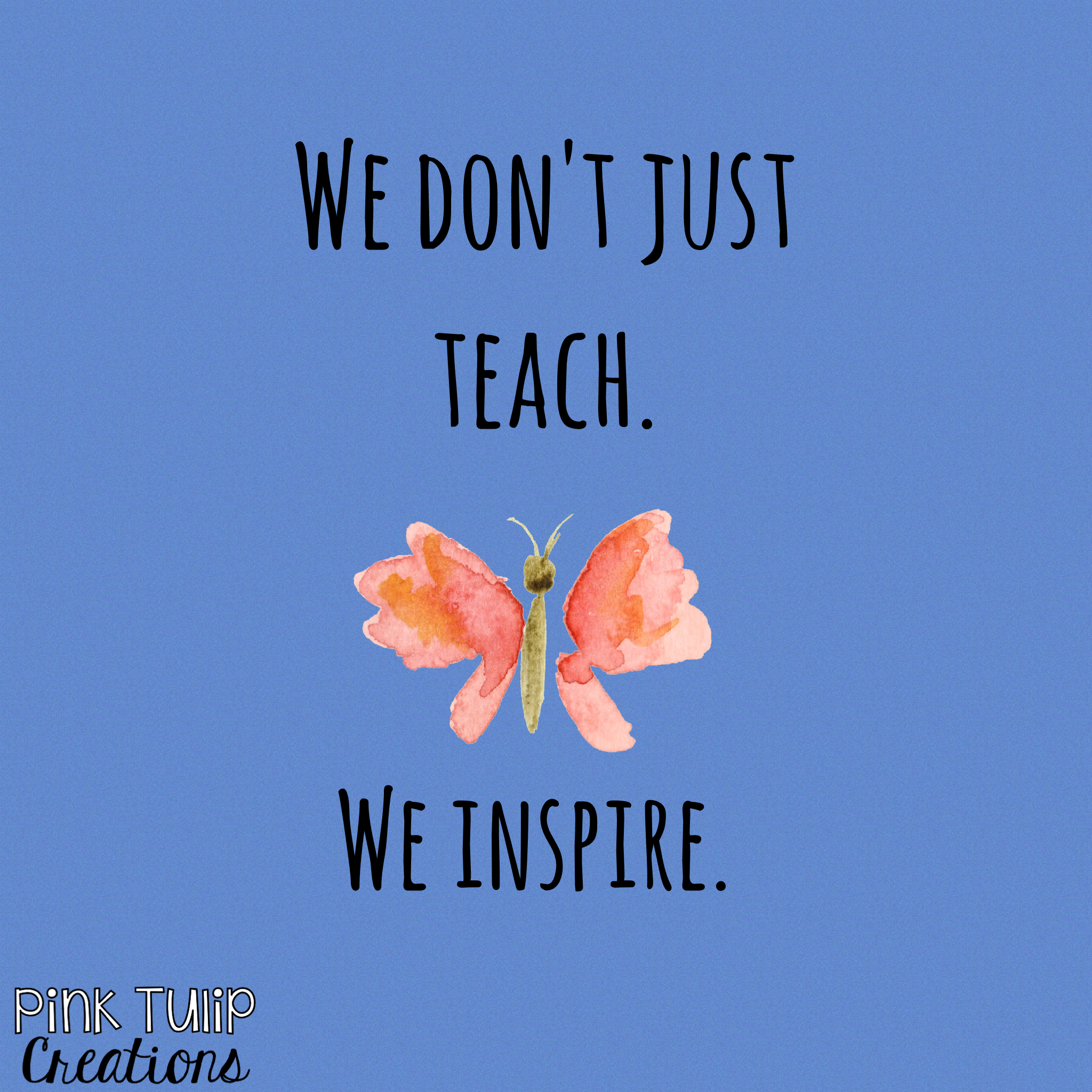Teaching future generations about love, unity, and respect is paramount in a world that often seems fraught with division and animosity. The Bahá’í teachings provide robust guidance on how to nurture an environment that fosters harmony among young individuals. An intriguing question arises: How do we effectively teach the young not to harbor sentiments of hatred? Addressing this question leads us directly into a labyrinth of moral and ethical considerations, but it serves as a vital starting point for illuminating Bahá’í principles.
First and foremost, fostering a sense of appreciation for diversity in all its myriad forms is essential. The Bahá’í community emphasizes that diversity is not merely to be tolerated but celebrated. Teaching children and adolescents about the rich tapestry of cultures, beliefs, and perspectives strengthens their understanding of humanity as a whole. This foundational step involves exposing them to literature, art, and narratives from various cultures, therefore broadening their horizons and fostering empathy. Storytelling is an invaluable tool in this process, as it allows young minds to emotionally connect with experiences outside their own.
Moreover, discussions that challenge misconceptions and prejudices can be incredibly fruitful in dispelling hatred. By creating a safe space where young people can engage in dialogues about stereotypes and biases, educators can dismantle harmful notions that may otherwise take root. The concept of “critical thinking” becomes pivotal here; encouraging young people to analyze, question, and reflect upon ingrained notions fosters a mindset resistant to intolerance. Such critical discussions can be further enriched by introducing Bahá’í texts that emphasize the oneness of humanity. These teachings root the conversation in a broader spiritual context while simultaneously encouraging rational inquiry.
Equipping young individuals with the tools of emotional intelligence is equally crucial. Helping them recognize their feelings and those of others cultivates compassion and reduces enmity. Engaging in activities like role-playing can be an entertaining yet effective method to foster emotional insight. By stepping into someone else’s shoes, children can develop understanding and empathy. The Bahá’í teachings emphasize the importance of virtues such as kindness and patience, which can be highlighted through both discussion and practice. As young individuals learn to manage their emotions positively, hatred has less room to thrive.
A pivotal element in teaching the young about love rather than hate is modeling behavior. Adults play an indispensable role in shaping attitudes and beliefs through their actions. Children are exceptionally perceptive; they often mirror their surroundings. Therefore, it is paramount that adults embody the principles of love, tolerance, and compassion in their dealings with others. Demonstrating these virtues in everyday interactions sends a powerful message that resonates beyond words. When adults advocate for justice and equity while exhibiting respect for all individuals, young people are likely to follow suit. The Bahá’í teachings stress that “the best way to be an example is not just to share teachings but to live them.”
Community engagement initiatives provide a fertile ground for young people to practice these principles actively. Participating in community service, interfaith dialogues, and collaborative projects can galvanize collective efforts toward social betterment while reinforcing the values of cooperation and benevolence. These immersive experiences allow youth to forge relationships with individuals from diverse backgrounds, critically challenging preconceived notions and instilling a sense of shared purpose and identity. The Bahá’í focus on collaborative community building enhances the idea that unity does not signify uniformity; instead, it celebrates the unique contributions of each individual.
As ethical educators and mentors, it is essential to address the inevitable challenges that arise during these formative years. Confusion and defiance are often part and parcel of the journey toward understanding. Encountering questions related to injustice or inequality may stir feelings of anger or resentment. Teaching methodologies that integrate problem-solving strategies and critical discussions facilitate healthy confrontation of these emotions. By exploring the historical context of various social issues through a Bahá’í lens, youth can grasp the significance of their actions in striving for a just world.
The role of spirituality in combating hatred cannot be overlooked. Nurturing a personal relationship with the divine imbues young individuals with a sense of purpose and belonging that transcends interpersonal conflict. Through prayers, meditative practices, and communal worship, individuals cultivate inner peace and strengthen their resilience against societal discord. The Bahá’í teachings prioritize individual spiritual development as a means to foster greater societal harmony, urging the youth to draw upon their internal resources as they navigate moral complexities.
Furthermore, opportunities for youth to engage in leadership roles foster agency and responsibility. By participating in youth-led initiatives within their schools or communities, young individuals are empowered to influence positive change. This empowerment not only stirs enthusiasm for social justice but also reinforces the idea that action, rather than hatred, is the appropriate response to perceived injustices. The Bahá’í principles of service and selflessness nourish this leadership drive, equipping the next generation to champion love and understanding as they confront a world rife with challenges.
In conclusion, teaching the young not to hate is an intricate yet rewarding endeavor grounded in the principles of love, unity, and understanding found within the Bahá’í teachings. By celebrating diversity, fostering critical thinking, promoting emotional intelligence, modeling behavior, engaging in community service, addressing challenges, nurturing spirituality, and empowering youth leadership, we can contribute significantly to cultivating a generation committed to overcoming hatred. As we reflect on the question of how to teach the young not to hate, it becomes evident that the solution lies in our shared commitment to embodying love in action and inspiring others to do the same.
